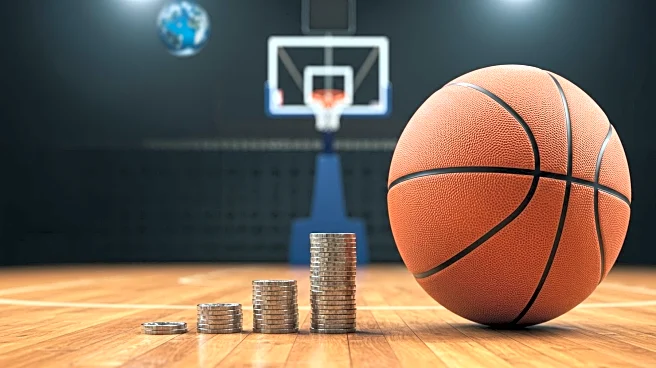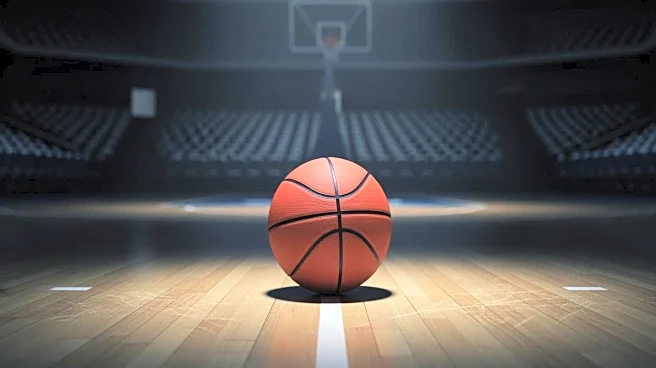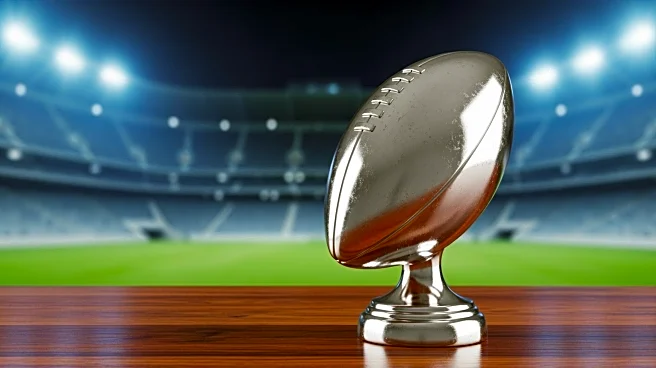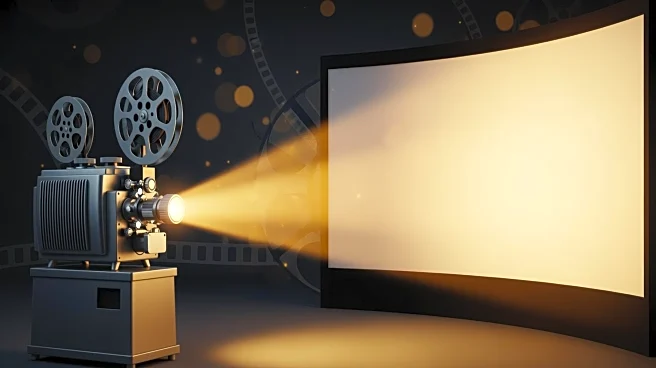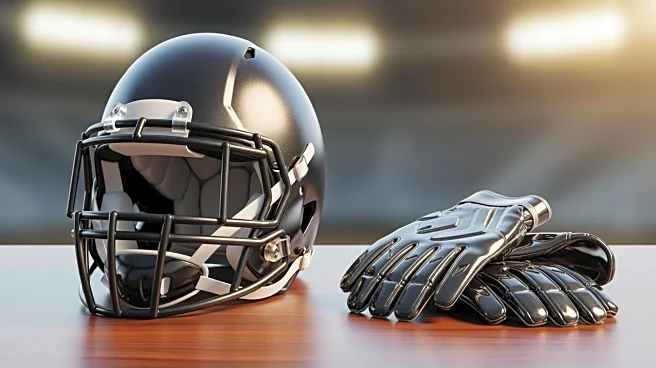What is the story about?
What's Happening?
Candace Parker, a prominent WNBA player, has publicly challenged the league to enhance its compensation packages for players. During a recent episode of her podcast, Parker highlighted the disparity between the WNBA and the Russian Women's Basketball Premier League, where she played for six seasons. She described the luxurious perks she received in Russia, including personal chefs, drivers, and high-end gifts such as black diamonds and Rolex watches. Parker's comments come amid ongoing negotiations for the WNBA's next Collective Bargaining Agreement, with player salaries being a central issue. The debate gained traction during the 2025 WNBA All-Star Game, where players wore shirts demanding fair pay.
Why It's Important?
Parker's remarks underscore the broader issue of pay disparity in women's professional sports, particularly in basketball. Her comparison to the Russian league highlights the competitive challenges the WNBA faces in retaining top talent. The call for improved compensation is crucial for the league's growth and sustainability, as it seeks to attract and retain elite players. This issue also reflects wider societal discussions about gender pay equity, potentially influencing public policy and corporate practices. The WNBA's response to these demands could set a precedent for other women's sports leagues in the U.S.
What's Next?
As the WNBA continues negotiations for its new Collective Bargaining Agreement, the league may face increased pressure to address player compensation. Stakeholders, including team owners and sponsors, will likely be involved in discussions to find a viable solution. The league's response could impact its reputation and ability to compete with international leagues. Additionally, players and advocacy groups may intensify their efforts to push for equitable pay, potentially leading to public campaigns or protests.
Beyond the Headlines
The discussion around WNBA player compensation also touches on cultural and ethical dimensions, such as the value placed on women's sports and athletes. Parker's comments may inspire broader conversations about the treatment and recognition of female athletes globally. This could lead to long-term shifts in how women's sports are marketed and supported, influencing future generations of athletes.
